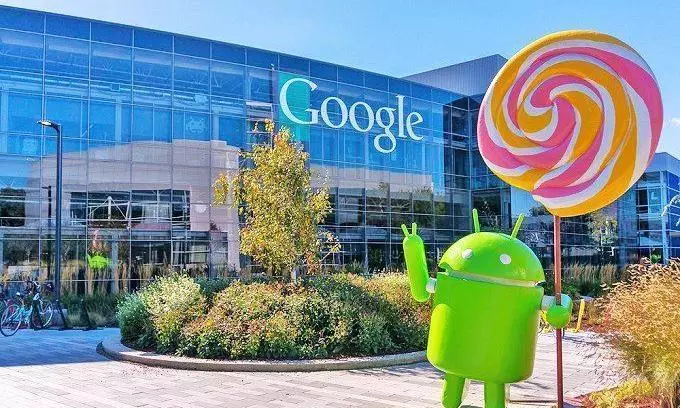
DOJ pushes for Google to sell Chrome and share data to restore search market competition
text_fieldsIn a landmark case poised to reshape the digital search landscape, the U.S. Department of Justice (DOJ) has proposed significant measures to curb Google’s dominance in online search and advertising.
Among these, the DOJ has suggested that Google divest its Chrome browser, share user data and search results with competitors, and even consider selling its Android operating system if other remedies prove insufficient.
The case, which could have lasting implications for how information is accessed online, comes as Google processes roughly 90% of all U.S. searches.
The DOJ’s filing on Wednesday highlighted Google’s exclusive agreements - such as paying billions to Apple and other manufacturers to make Google Search the default engine - as part of the company’s alleged monopoly practices.
The DOJ’s proposals aim to dismantle the structures that have entrenched Google’s dominance, potentially lasting up to a decade. A court-appointed technical committee would oversee compliance, with powers to access Google’s documents, software, and employees.
Key recommendations include:
- Ending exclusive agreements with device manufacturers and vendors.
- Preventing Google from re-entering the browser market for five years if it divests Chrome.
- Prohibiting investments in competitors in search, artificial intelligence, or advertising technologies.
- Restricting Google from bundling Android devices with its search engine or AI products.
Additionally, publishers would be allowed to opt out of having their content used in training Google’s AI models.
The DOJ argues these measures are necessary to disrupt what it calls a “perpetual feedback loop” that further entrenches Google’s position through increased user data, advertising revenue, and market control.
Google has sharply criticized the DOJ’s proposals, calling them an overreach that could harm consumers, developers, and small businesses. Kent Walker, Alphabet’s Chief Legal Officer, warned that the measures could jeopardize America’s global technological leadership.
The company contends that requiring the sale of Chrome or Android would harm businesses that rely on these open-source platforms to develop their own products. Google also rejected the idea of sharing user data, citing privacy concerns and its responsibility to maintain user trust.
A significant part of the DOJ’s proposal involves requiring Google to license search results and share user data with competitors, such as DuckDuckGo, at nominal costs. This move is aimed at lowering barriers for rivals to compete effectively.
Kamyl Bazbaz, head of public affairs at DuckDuckGo, called the proposal a “big deal,” asserting it would foster healthier competition. However, Google remains resistant, arguing that such measures could compromise data privacy.
Google is set to present its counter-proposals in December. Meanwhile, a trial on the DOJ’s recommendations has been scheduled for April, though potential changes in the political landscape and leadership could influence the case's trajectory.






















